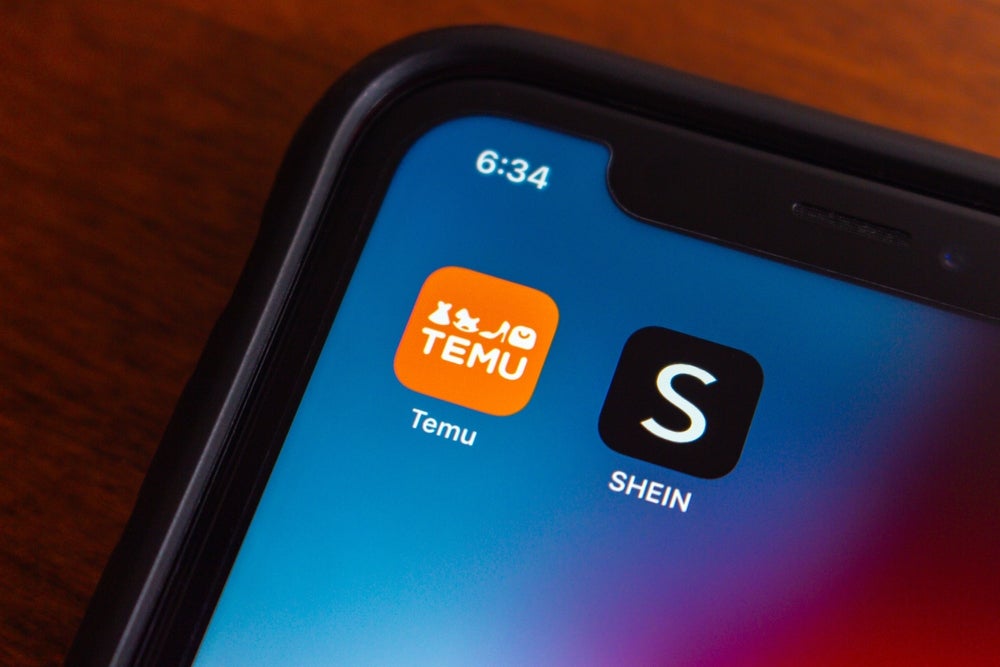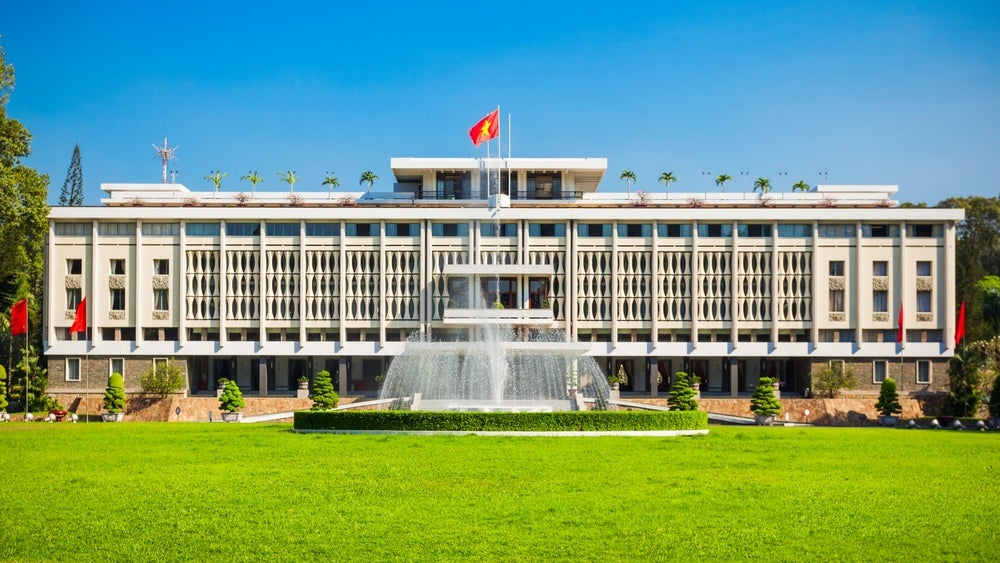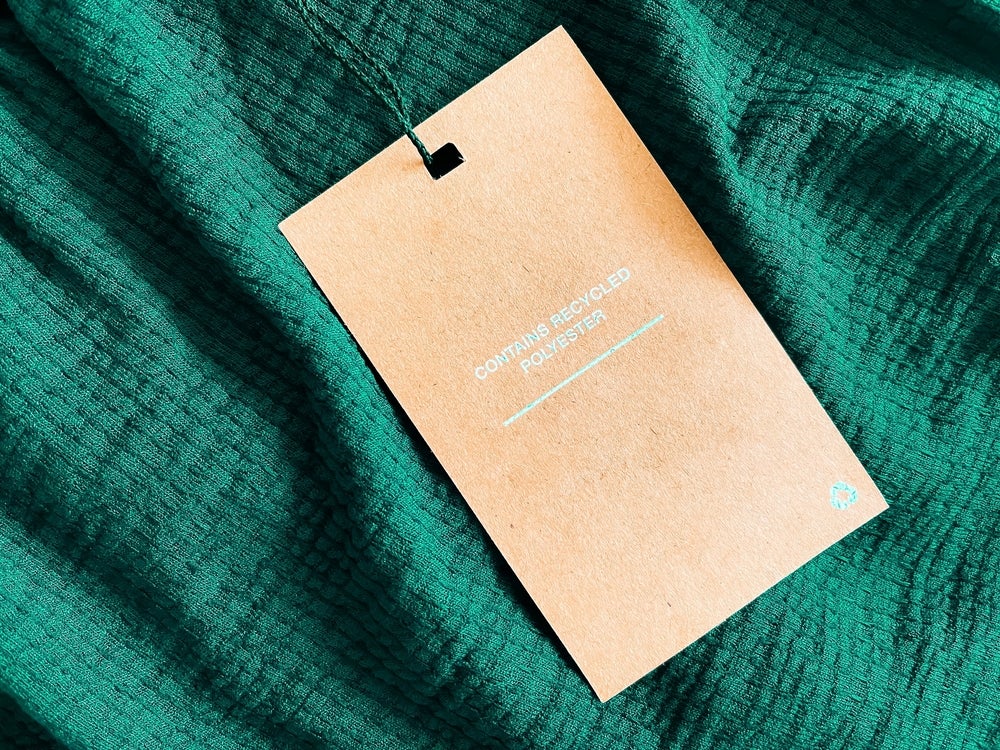Authorities in Seoul, South Korea inspected 144 products from Shein, AliExpress and Temu and found “multiple products from all companies” failed to meet legal standards, according to French news agency AFP.
The tests were conducted as part of weekly inspections of products sold online in South Korea.
The products that allegedly failed the tests include shoes from fast fashion giant Shein, which were said to contain high levels of phthalates. One pair tested by the authorities were reportedly 229 times over the legal limit. Shein hats also reportedly tested positive for formaldehyde.
Shein and AliExpress had not responded to Just Style’s request for comment at the time of going to press.
Insoles inside sandals sold by Chinese online retailer Temu were also alleged to contain lead at a level 11 times higher than the permitted limit.
A Temu spokesperson told Just Style: “Upon receiving notice from the Seoul city government, we immediately launched an internal investigation. Of the 11 products identified, two items — a pair of sandals and a hat — were from Temu.
“We have swiftly removed these product listings from our global marketplace and are enhancing our systems and guidance to merchants to ensure they comply with safety standards and local regulations.”
The news follows similar test results originally reported in May 2024 when authorities at Seoul Metropolitan Government said harmful chemicals were found in children’s shoes sold by Shein.
The Seoul government claimed the shoes contained phthalates at levels 428 times the country’s domestic safety standards.
At the time, a Shein spokesperson told Just Style it takes product safety very seriously. It stated: “Our suppliers are required to comply with the controls and standards we have put in place, and we work closely with international third-party testing agencies such as Intertek, SGS, BV and TUV, to regularly carry out testing to ensure suppliers’ compliance to our product safety standards.”
The news also comes shortly after Shein reportedly filed papers with UK market regulators in June 2024, starting the process for a possible IPO in London later this year.















